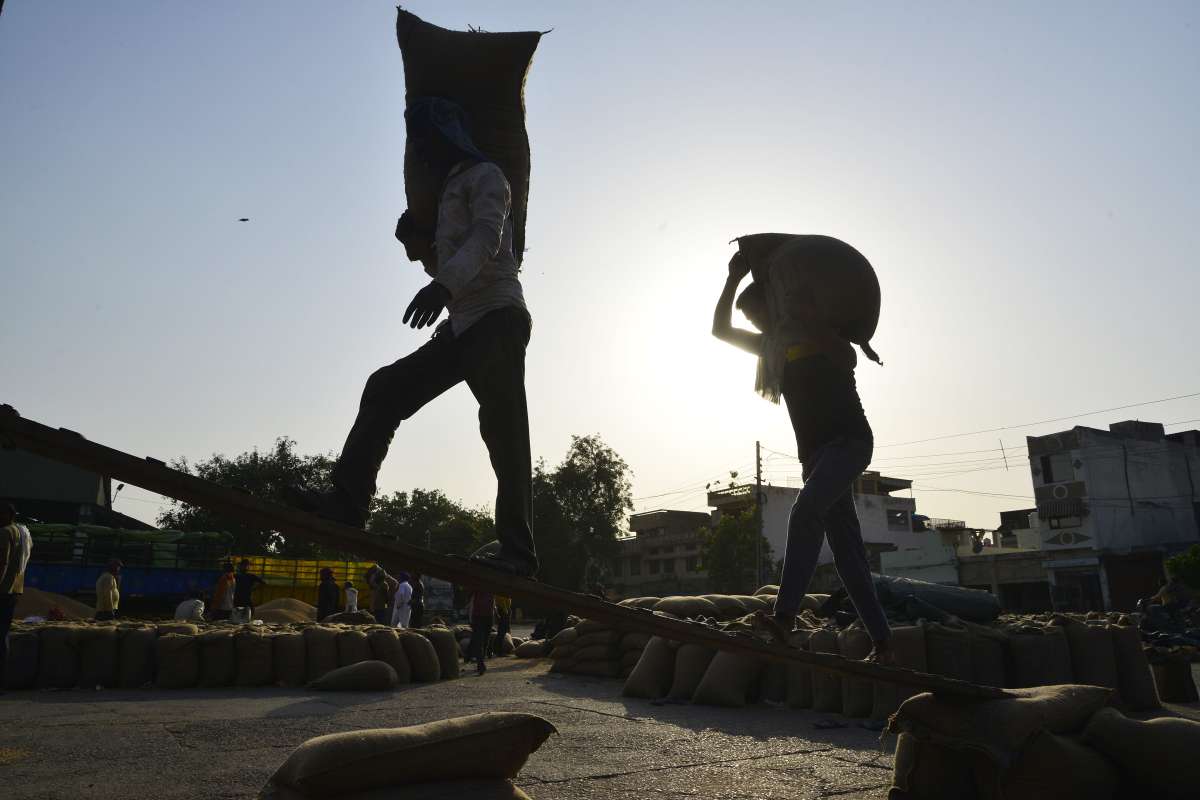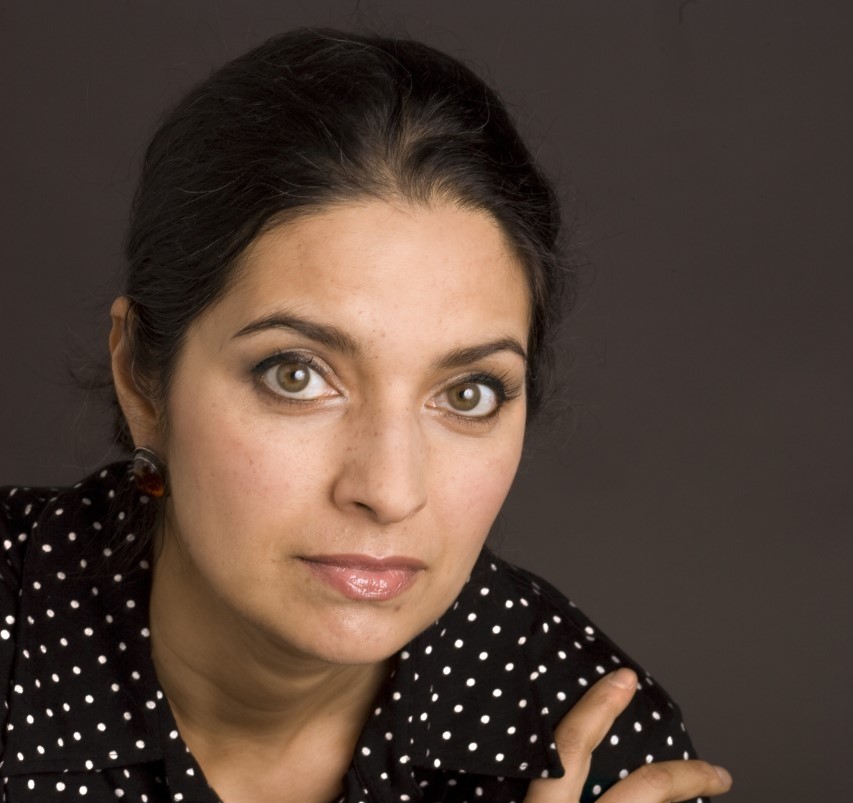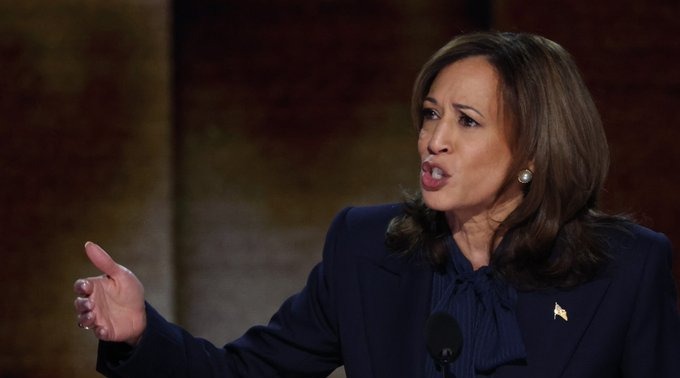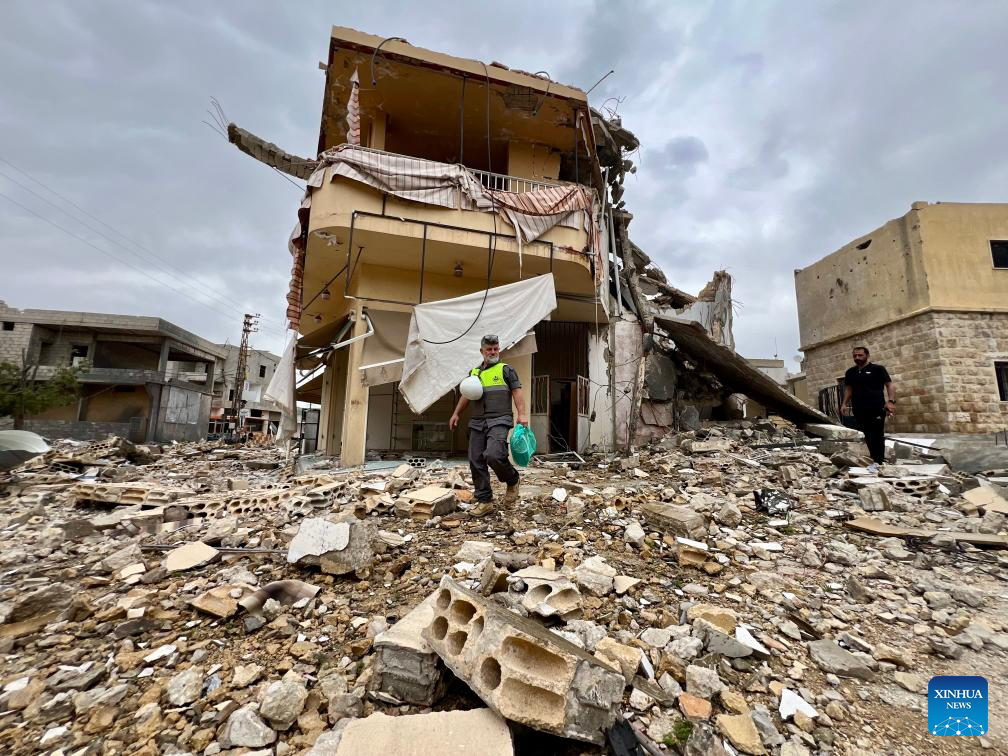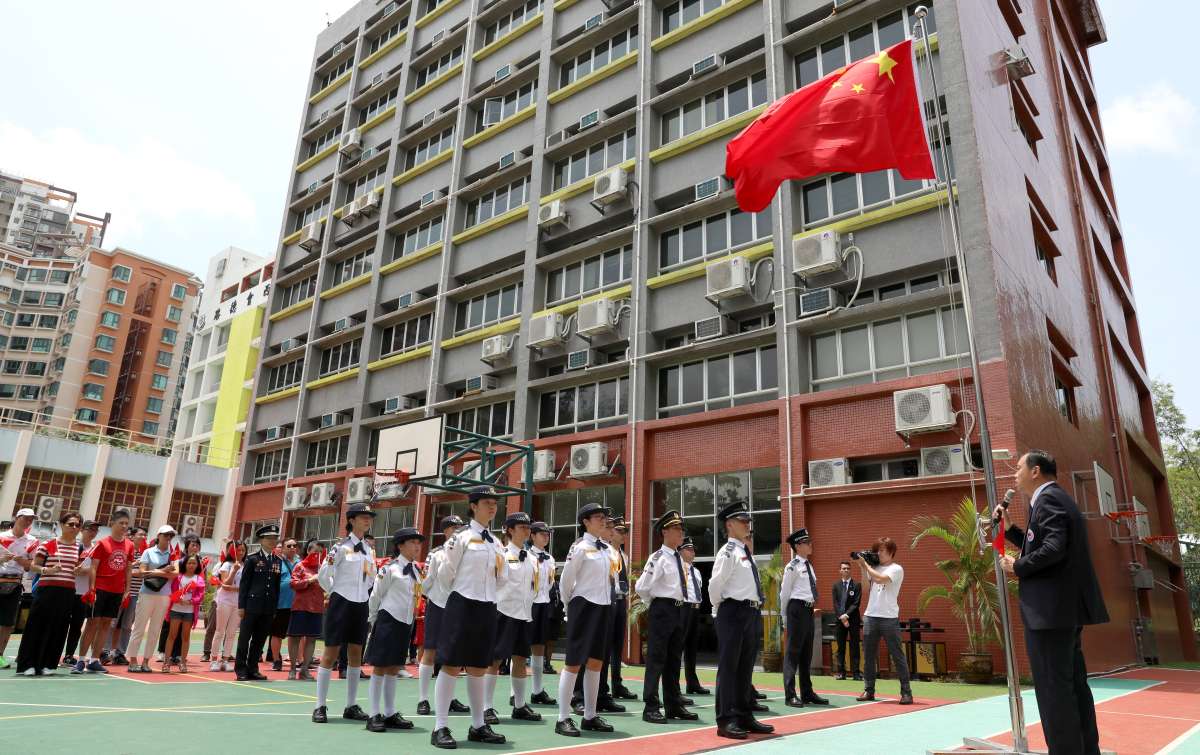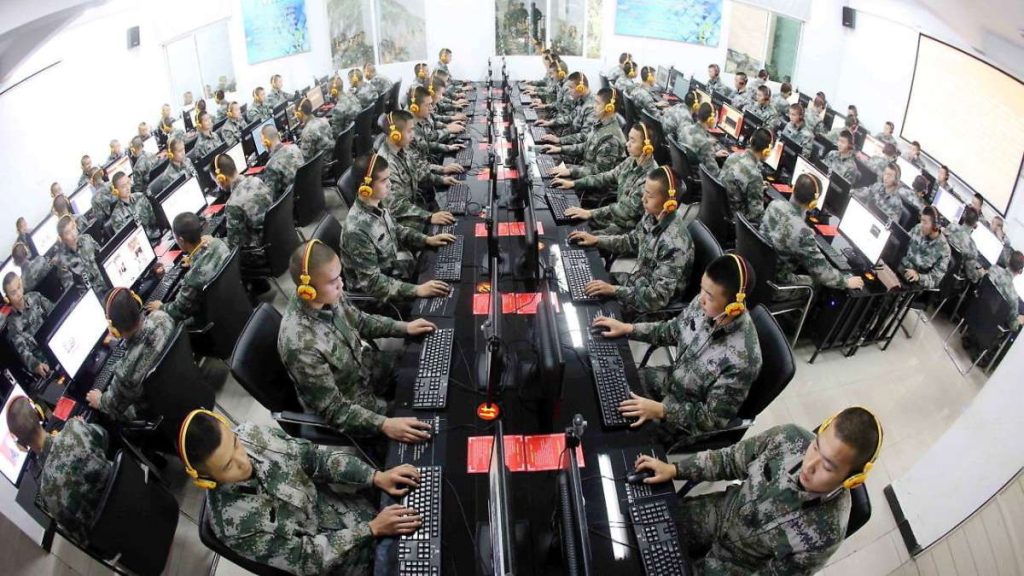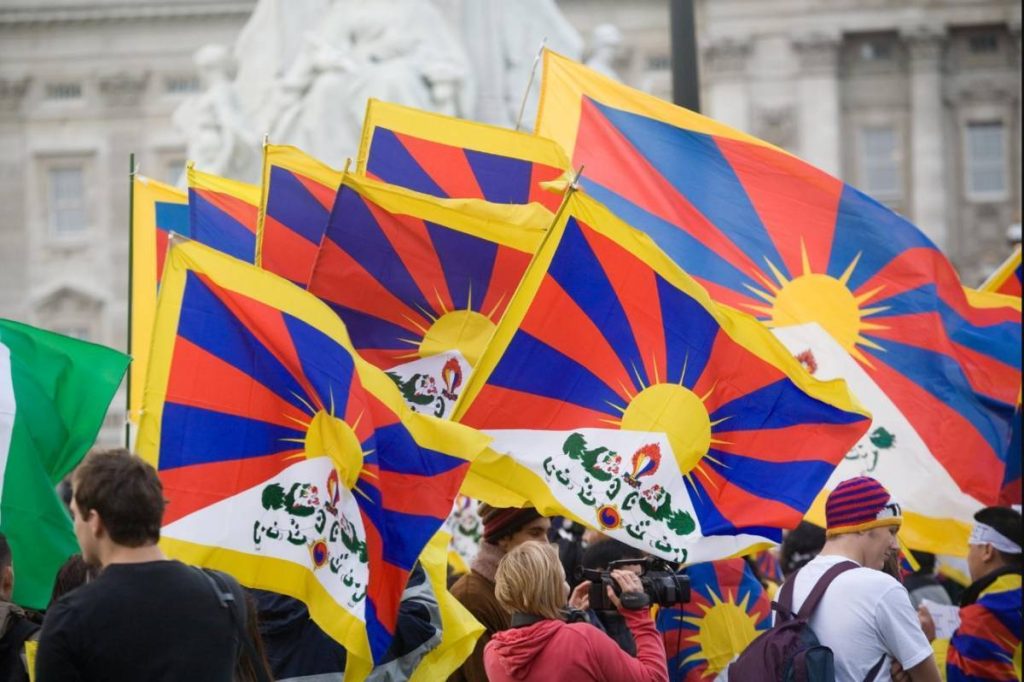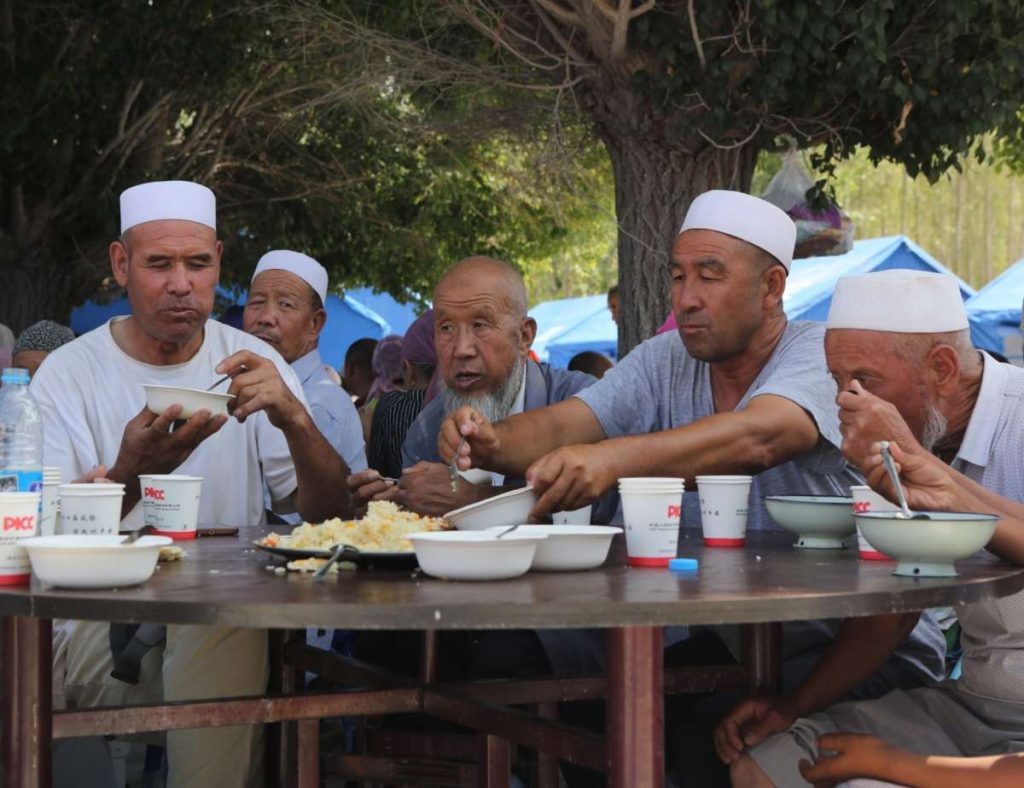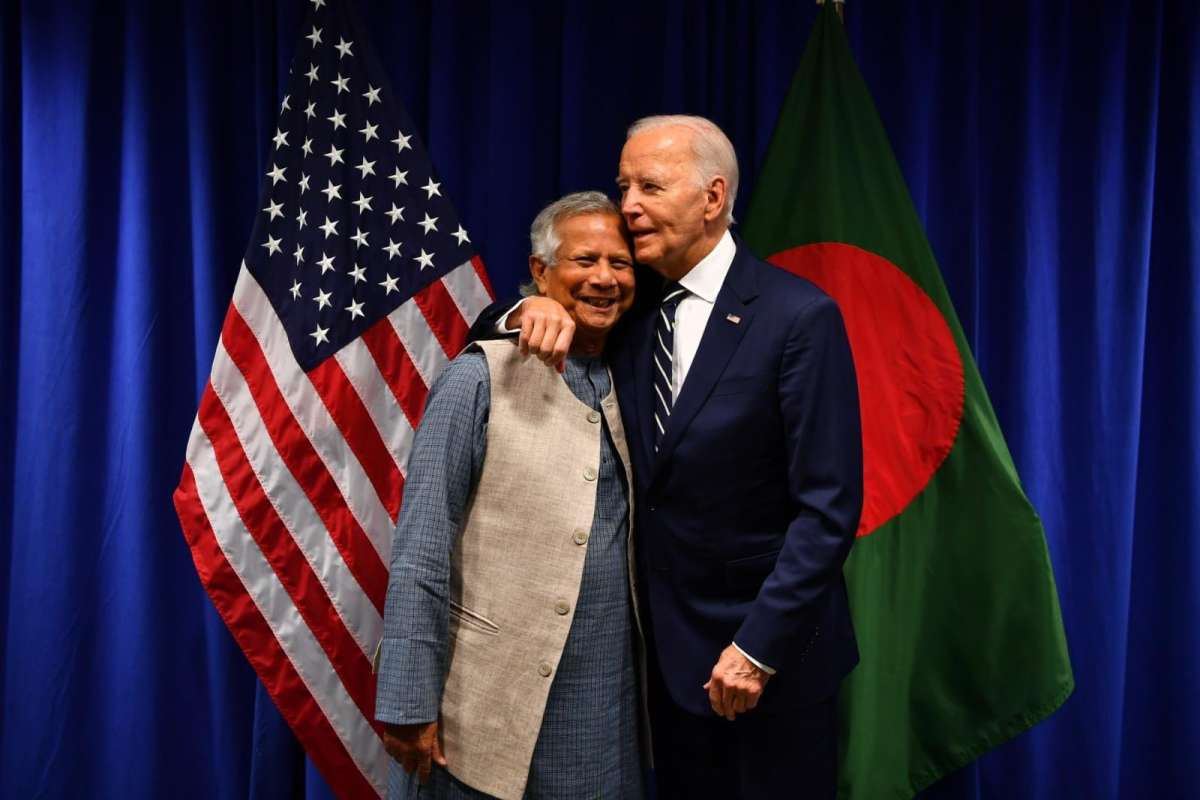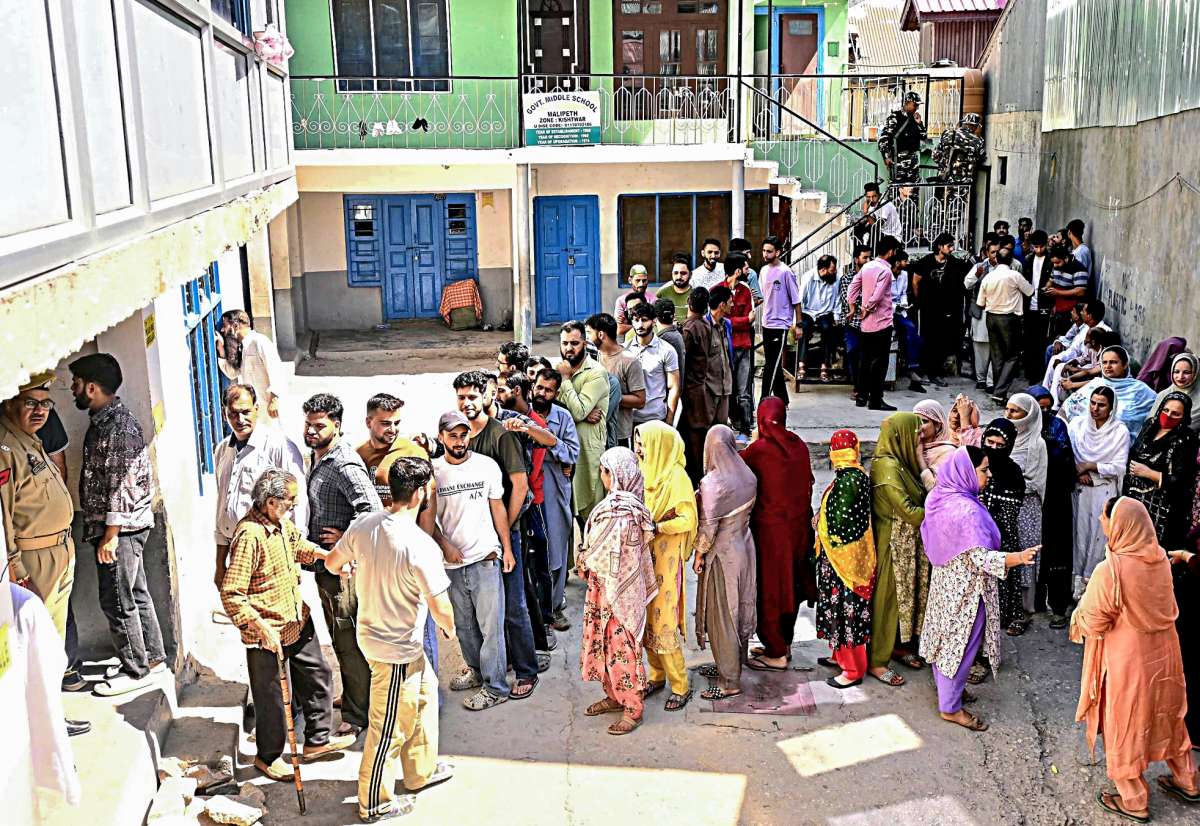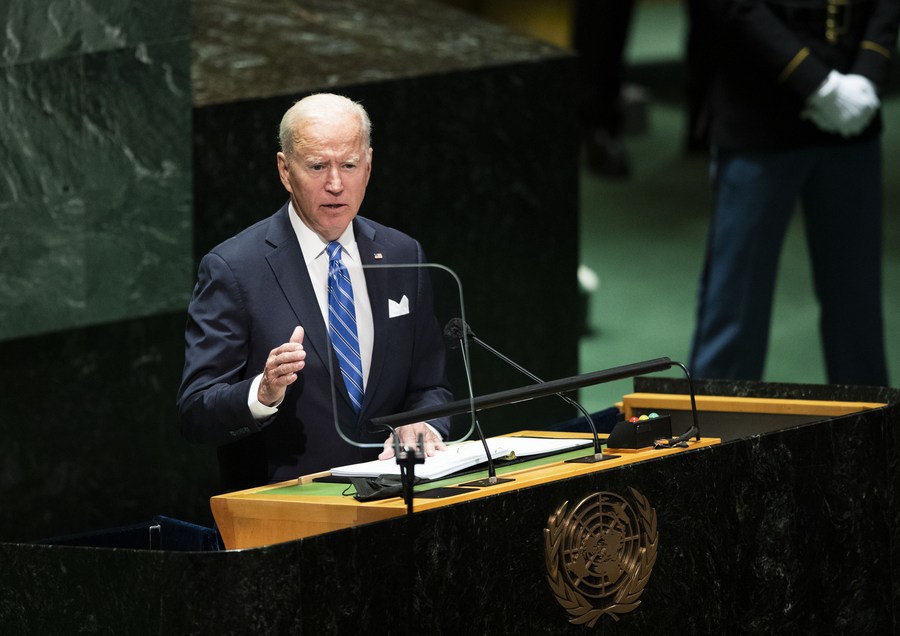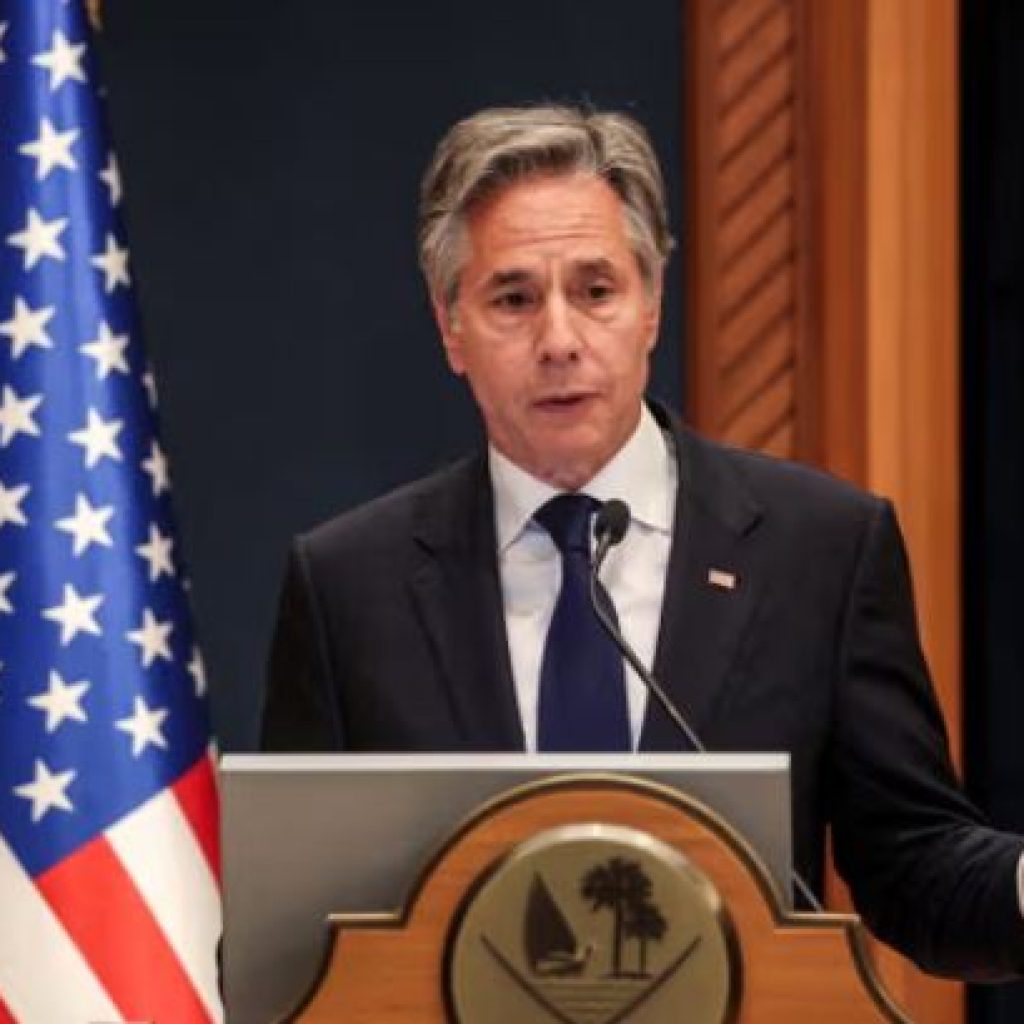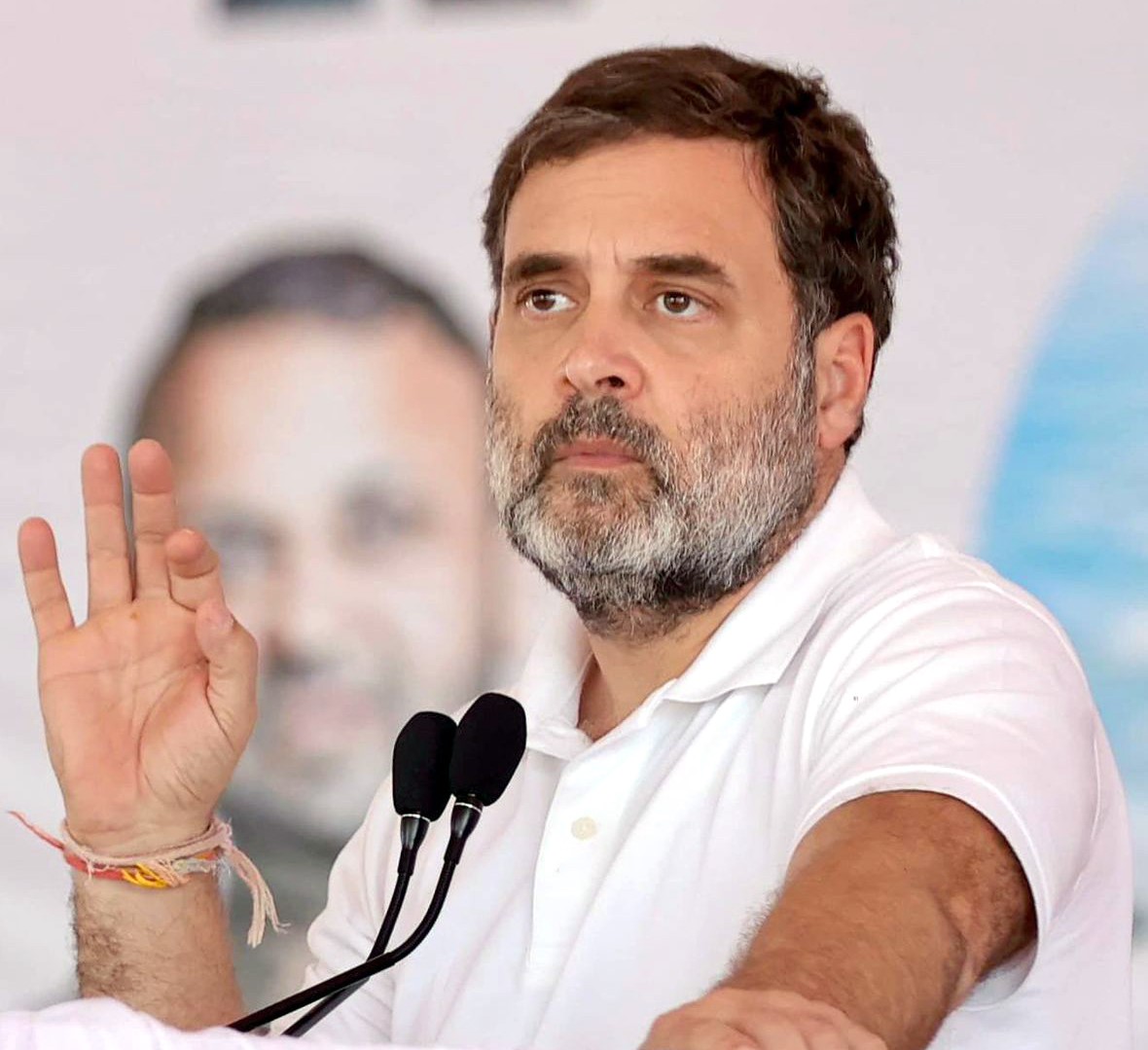Rahul Gandhi said that the BJP is yet again applying the “divide and rule” policy and trying to create rift between brothers….reports Asian Lite News
Emphasizing the need for restoring Article 370 in Jammu and Kashmir, Leader of Opposition, Rahul Gandhi on Monday said that it is the foremost demand of the National- Conference and the Congress to bring back statehood.
Congress leader and LoP in Lok Sabha Rahul Gandhi in his addressing in Poonch in Jammu and Kashmir said, “It is for the first time in Indian history that it has been made a state. Your democratic rights have been taken away from you. That is why it is our foremost demand that statehood returns.”
Addressing the audience, Gandhi said, “You don’t have a say in running your government. The orders are followed from Delhi. We wanted the statehood to return here before the elections, but we will definitely try that it does after the polls”.
Accusing the BJP of practising “politics of hate” across various States, Rahul said, “BJP-RSS only spread hate and violence in J&K and other states. Be it Jammu-Kashmir, Bihar, Uttar Pradesh or Manipur. All they know is to spread hate and their politics is of hatred. You all know that hatred cannot be eliminated by giving hate but by love”.
Hitting back at the BJP for accusing the National Conference of depriving the local community of Gujjars and Pahadis of development in the union territory, Rahul said that the BJP is yet again applying the “divide and rule” policy and trying to create rift between brothers.
After the Congress party announced its alliance with NC, Union Minister Amit Shah questioned Rahul Gandhi if he supports the NC’s manifesto, “which calls for abolishing reservations for Dalits, Gujjars, Bakerwals, and Pahadis.”
“They always try to divide and rule and have applied the same tactics here in Jammu-Kashmir. They tried to create a rift between the Gujjars and the Pahadi community here. I guarantee you that this project of them is going to fail,” Rahul Gandhi said.
Highlighting the unity between the alliance partners, the National Conference, and the Congress party, Rahul Gandhi urged his party leaders to support National Conference candidates in the upcoming elections.
“I appeal the Congress party candidates to offer full support to National conference candidates,” Rahul said.
The Congress and the National Conference are fighting the polls in alliance. The PDP, Bharatiya Janata Party (BJP), and People’s Conference, to name a few, are other parties in the fray for 90 Assembly seats.
This is the first election in Jammu and Kashmir after the abrogation of Article 370. Leaders have held hectic campaigns to boost the prospects of their party candidates. Voting for the second and third phases in J-K will be held on September 25 and October 1, respectively. Votes will be counted on October 8. (ANI)
Phase 2: 25.78 lakh voters to decide fate of 239 candidates
J&K is gearing up for the second phase of the Assembly elections, covering 26 seats in six districts spread over both the Jammu region and the Kashmir Valley, on Wednesday as campaigning ended on Monday evening.
A statement by the Election Commission said that over 25.78 lakh voters in Ganderbal, Srinagar, and Budgam districts of the Kashmir division, and Reasi, Rajouri and Poonch districts of the Jammu division, will decide the fate of 239 candidates in the second phase of polls.
A total of 93 candidates are in the fray in Srinagar district, followed by 46 in Budgam, 34 in Rajouri, 25 in Poonch, 21 in Ganderbal, while 20 candidates are contesting in Reasi.
The 15 seats in Kashmir division heading to the hustings are Kangan (ST) – six candidates, Ganderbal – 15, Hazratbal -13, Khanyar – 10, Habbakadal -16, Lal Chowk- 10, Channapora – eight, Zadibal – 10, Eidgah – 13, Central Shalteng -13, Budgam – eight, Beerwah – 12, Khansahib -10, Chrar-i-Sharief – 10, and Chadoora – six, while the 11 in Jammu division are Gulabgarh (ST) – six candidates, Reasi – seven, Shri Mata Vaishno Devi – seven, Kalakote-Sunderbani – 11, Nowshera – five, Rajouri (ST) – eight, Budhal (ST) – four, Thannamandi (ST) – six, Surankote (ST) – eight, Poonch Haveli – eight, and Mendhar (ST) – nine.
According to the latest electoral rolls, 25,78,099 lakh voters are eligible to cast their ballot in this phase comprising 13,12,730 lakh male voters, 12,65,316 lakh female voters, and 53 third gender voters. Underlining the significance of the role played by the youth of Jammu and Kashmir in strengthening democracy, as many as 1,20,612 lakh voters aged 18 to 19 are eligible to vote in Phase II.
Among these, 11,294 are male and 10,065 are female first-time voters. This phase will also see participation from 19,201 Persons with Disabilities (PwDs) voters and 20,880 voters above the age of 85.
The Srinagar district has a total of 7,76,674 registered voters, including 3,87,722 males, 3,88,922 females, and 30 transgender voters across eight Assembly constituencies. Rajouri has 4,92,008 electorates which includes 2,56,215 males, 2,35,786 females, and 7 transgender voters. A comprehensive network of 745 polling stations has been established across the district.
Budgam has a total of 5,11,864 voters across its five Assembly constituencies; 2,59,688 male voters, 2,52,163 female voters, and 13 transgender voters. A total of 639 polling stations are spread across the district.
Poonch district is divided into three Assembly constituencies, with a total of 3,52,330 registered voters; 1,80,584 males and 1,71,746 females, and 483 polling stations have been set up across these constituencies.
The Reasi district has registered a total of 2,37,205 voters, including 1,24,359 males, 1,12,843 females, and 3 transgender across its three Assembly constituencies and there are 436 polling stations throughout the district.
The Ganderbal district has 2,08,018 registered voters, including 1,04,162 male and 1,03,856 female voters, and 267 polling stations have been established.
To facilitate smooth and hassle-free electoral participation, the Election Commission of India (ECI) has established a total of 3,502 polling stations with 100 per cent webcasting across 26 Assembly constituencies. These include 1,056 Urban Polling stations and 2,446 Rural Polling stations. As many as 157 Special polling stations have been established in the second phase including 26 polling booths managed by women as Pink Polling Stations, 26 polling stations manned by specially-abled persons, 26 polling stations manned by youths, 31 Border polling stations, 26 green polling stations, and 22 Unique Polling stations.
The voting will take place from 7 a.m. to 6 p.m., the ECI statement said.
ALSO READ: G7 highlights AI’s impact on cultural sector

